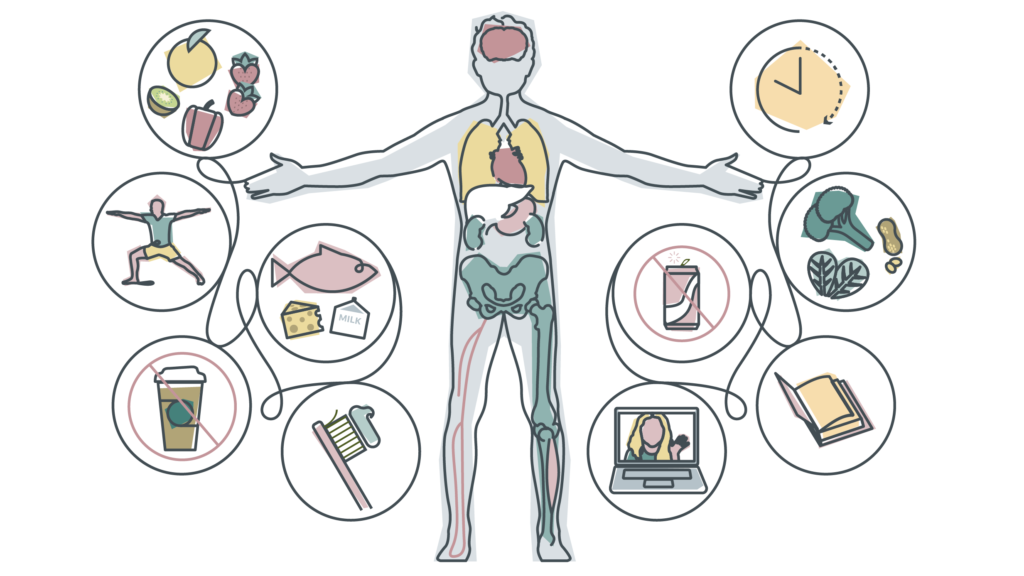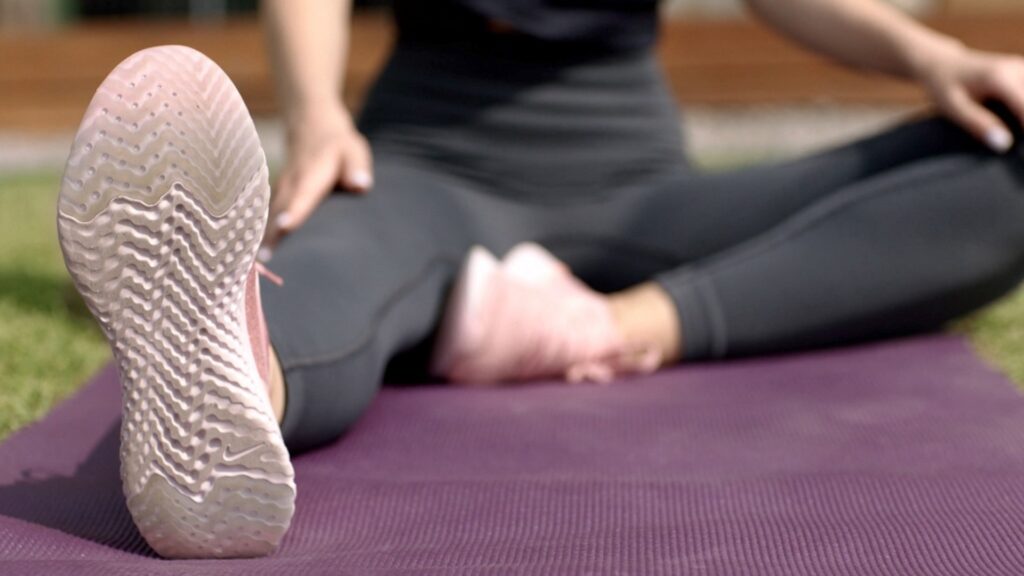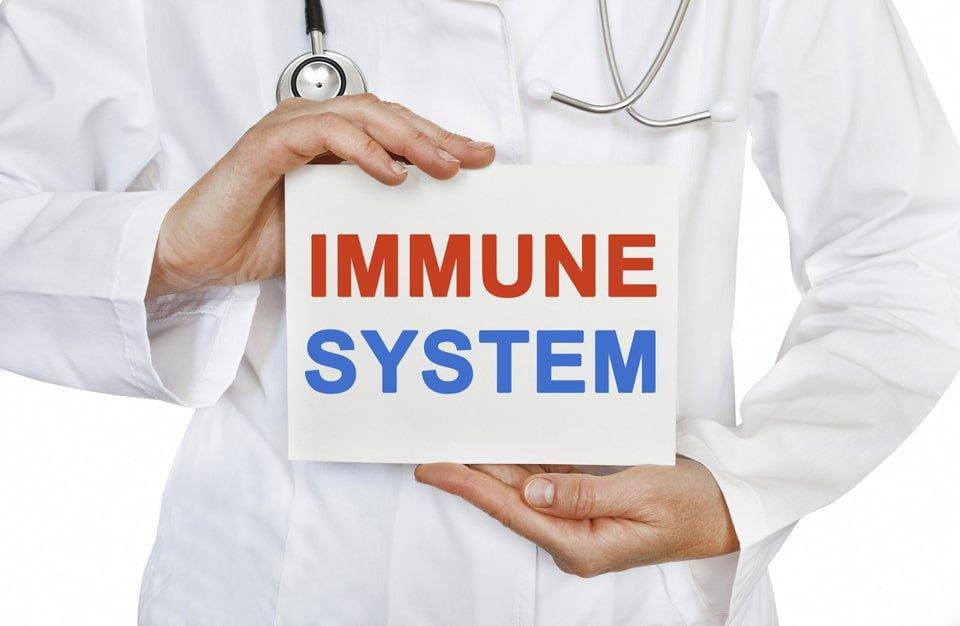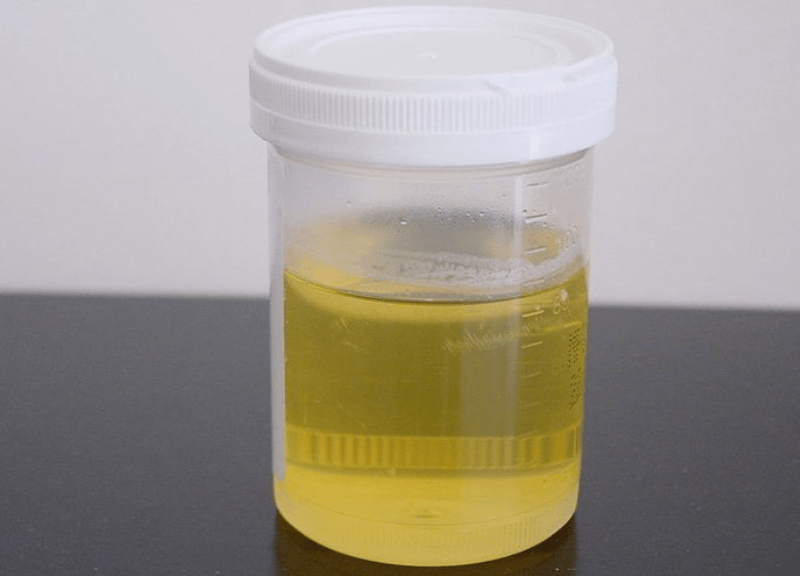The primary issue with a weakened immune system is inflammation, which contributes to various illnesses and disorders. The following signs and symptoms point to a compromised immune system.
1. Constipation/Diarrhea
Constipation or diarrhea that comes and goes frequently is a sign of a virus or bacteria in your gut that your immune system cannot destroy. Poor immune system health is often the root cause of ongoing or chronic digestion issues.
2. Slow healing
A weakened immune system is indicated by scratches or wounds that frequently become swollen, inflammatory, and take longer to heal.
3. Cold hands and feet
Blood flow to the extremities is restricted due to blood vessel inflammation, making them feel chilly and numb. Once more, this is a sign of a weak immune system.
4. Frequent colds
Let’s say you frequently have colds that are difficult to recover from. If so, this is undeniable evidence that your immune system is underperforming and is too frail to recognize and eliminate even a simple cold antigen.
5. Elevated stress levels
Have you ever observed that you frequently get unwell after a particularly trying time? Long-term stress impairs the immune system, according to research. You must often schedule a time to unwind and reduce your stress.
6. Frequent infections
Your immune system needs a significant boost if you frequently have sore throats, ear infections, wounds, or infected sores.
7. Fatigue
Your body will attempt to preserve energy when your immune system is weak and instead direct that energy into keeping your immune system active.
The end outcome is frequently persistent fatigue. Assume you are experiencing one or more of these red flags. In that scenario, it’s time to pay special care to your immune system to keep your health from degrading further.
Simple Lifestyle Changes for a Better Immune System

One of the critical factors affecting our immune system is how we live. Heavy metals in our water, pesticides, food additives, pollution, and several other variables are to blame. However, our habits significantly impact how our systems face and cope with viruses and germs.
As written in this blog post, nutrition significantly influences how our immune system functions. However, you may make some modest changes to your lifestyle to strengthen your immunity and keep it strong.
Below are some additional extremely straightforward tips you may use to improve and develop your natural defense system. All of them are basic sense, as you will see. Yet, it’s astonishing how many people ignore them or minimize their significance.
1. Get enough sleep
The immune system is weakened by poor sleeping patterns and poor sleep quality, which boost stress hormone levels. How this occurs is currently being studied by scientists. However, studies have shown a link between sleep and the body’s resistance to disease.
This should be more clearly illustrated by the specific findings of a recent study. According to the survey, persons who got the flu shot and were well-rested had a more vigorous defense against the illness. On the other hand, people who had poor sleep patterns exhibited less resistance.
Being unable to sleep comfortably, working long hours, or burning the candle at both ends are not to be taken lightly. You must establish regular bedtimes and make sure your bedroom is a relaxing place to sleep.
2. Exercise regularly
Fitness can be challenging gym sessions or organized exercise classes. The immune system can benefit significantly from thirty minutes a day of moderate activity like cycling, swimming, or walking. If you already work out, that’s fantastic. If not, think about being more active.

On two levels, exercise strengthens the immune system. It improves sleep quality and encourages the release of “feel-good” chemicals, which boosts your body’s resistance to disease.
3. Reduce sugar intake
The adage “sugar is poison” is one that we’ve all heard. Its impact on our immune system is undeniably accurate. Sugar decreases the number of immune system cells that attack and kill germs when it enters our bloodstream. After consuming a sugary soft drink or another food high in sugar, this impact may linger for several hours.
4. Wash your hands
Few people regularly wash their hands throughout the day. Most people only wash their hands after using the restroom. We are now more conscious of the significance of routinely washing our hands thanks to the emergence of the coronavirus. It stops the virus from entering our bodies or spreading to other people.
According to experts, regular hand washing is the second most important thing you can do to avoid catching this infection after maintaining a safe social distance.
Regularly washing your hands and using hand sanitizer are healthy habits that should be a part of everyday life. A short and uncomfortable illness can often be avoided with soap and water.
5. Reduce stress
Stress hormones are major suppressors of the immune system. Constant stress drains you physically and your immune system, making you more at risk of becoming ill.
Reduce sugar intake by using natural sweeteners like honey or molasses and eating fresh sweet fruits like bananas, grapes, and peaches. Fresh juice and smoothies are another great way to satisfy sugar cravings without harming your immune system.
Of course, we recognize that stress is an unavoidable part of life. But regular stress relief should also be a part of our daily lives. Allowing stress to build up is just harmful on so many levels. We’ve often noticed how we get sick after a significant stressful situation.
It’s not the stress that makes us ill. The weakening effect of pressure on the immune system makes us get sick more easily. You must adopt some form of stress relief into your lifestyle.
This means making time to relax and engage in any activity you enjoy daily. It could be anything from a warm bath to a long nature walk, meditation, or enjoying time with your family.

Make sure you schedule a daily time to unwind and enjoy life.
6. Catch some sun
Sunlight is an excellent natural vitamin D source, promoting immune system health. If you live in a sunny climate, count your blessings and make it a habit to catch some rejuvenating sun rays daily. If your climate is not sunny, take advantage of sunny days and spend as much time outdoors as possible.
7. Drink plenty of water
It should go without saying, but how many of us actually need to do this? Water keeps your body hydrated and removes contaminants that could impair immune system performance. The ideal amount of water to drink each day is eight glasses.
Incorporating the lifestyle hacks discussed in your daily routine will help you reap all the benefits of a super-charged, near-invincible immune system!
I live and breathe fitness, blog, opportunity, and marketing. I’m experienced and detail-oriented. I enjoy working around a website to achieve a common goal efficiently and realistically.


